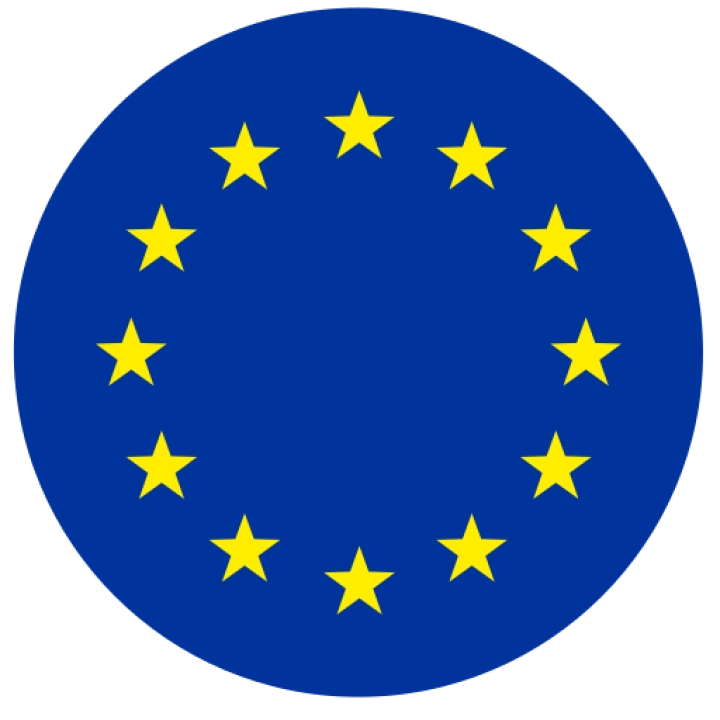College: Graduate School for Social Sciences
The European Union Studies major focuses on the political, economic, and social aspects of the EU. Students develop an understanding of EU institutions, policies, and integration processes. Graduates are prepared to work in EU institutions, international organizations, government agencies, non-profit organizations, and consulting firms.
Learning Objectives:
- Understand the fundamentals of the EU and its integration processes.
- Develop skills in analyzing EU policies, institutions, and decision-making processes.
- Learn techniques for conducting research on EU-related topics.
- Explore principles of EU law, economics, and political science.
- Analyze and interpret EU data, policies, and trends.
- Develop critical thinking, analysis, and research skills for effective EU studies practice.
Main Curriculum:
- Introduction to the EU
- Overview of key concepts, principles, and practices in EU studies.
- Basics of the history of the EU, its institutions, and integration processes.
- EU Institutions and Governance
- Principles of EU institutions, including the European Commission, European Parliament, and European Council.
- Techniques for understanding and analyzing EU governance and decision-making processes.
- EU Policies and Policy-Making
- Principles of EU policies, including economic, social, and foreign policies.
- Techniques for analyzing and evaluating EU policy-making processes.
- EU Law
- Principles of EU law, including treaties, legislation, and legal frameworks.
- Techniques for understanding and applying EU legal principles.
- EU Economics
- Principles of EU economics, including the Eurozone, monetary policy, and economic integration.
- Techniques for analyzing economic policies and trends in the EU.
- Political Science in the EU
- Principles of political science in the EU, including political theory, comparative politics, and EU relations with member states.
- Techniques for studying and interpreting political dynamics in the EU.
- EU Integration and Expansion
- Principles of EU integration and expansion, including accession processes, regional cooperation, and integration challenges.
- Techniques for analyzing EU integration and expansion strategies.
- Practical/Applied Training
- Real-world experiences in EU-related environments, including internships in EU institutions, international organizations, or government agencies.
- Applying acquired skills in practical EU studies scenarios.
- Capstone Project in EU Studies
- A comprehensive project applying skills in EU policy analysis, institutional research, or economic studies.
- Presenting a polished EU studies project, policy analysis, or research presentation.
Assessment Methods:
Reports on EU policy analysis, institutional research papers, EU law studies, economic analysis projects, political science studies, integration and expansion analyses, practical training reports, capstone projects, group projects, and presentations.
Recommended Textbooks:
- "European Union Studies" by various authors.
- "EU Institutions and Governance" by various authors.
- "EU Policies and Policy-Making" by various authors.
- "EU Law" by various authors.
- "EU Economics" by various authors.
- "Political Science in the EU" by various authors.
- "EU Integration and Expansion" by various authors.
Prerequisites:
Basic knowledge of political science and economics, and an interest in EU studies and international relations.
Duration of the Major:
Typically 4 years for a bachelor's degree, including coursework, internships, and capstone projects. For advanced practice, a master's degree in EU Studies can be pursued, usually requiring one or two additional years.
Certification:
Graduates may obtain a degree in EU Studies and pursue further education or professional certifications in specialized areas of EU policy or international relations.
Target Audience:
Aspiring EU political analysts, government officials, international relations specialists, consultants, and researchers seeking to work in EU institutions, international organizations, government agencies, non-profits, and consulting firms. This major equips students with analytical, research, and policy-making skills needed to excel in EU studies, supporting careers in various roles focusing on EU policies, institutions, and integration processes.


